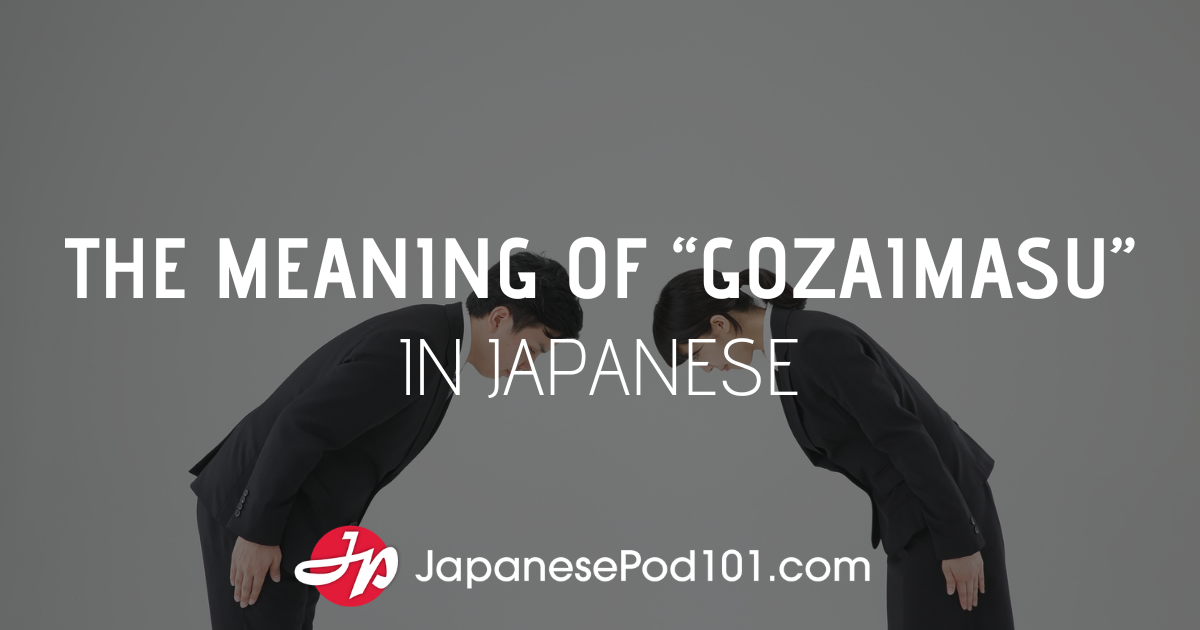A. yakubun
1.a. 約分 (to shrink + fraction) means “reduction of a fraction (to lowest terms).”
2.b. 訳文 (to translate + sentence) means “a translation; translated sentence.”
B. kōyaku
1.c. 口約 (to give mouth to + promise) means “verbal promise.”
2.a. 公約 (public + promise) means “public commitment or promise.”
3.b. 膏薬 (ointment + medicine) means “plaster; ointment.”
C. kiyaku
1.b. 規約 (rule + agreement) means “agreement, rules.”
2.a. 既約 (already + to shrink) means “irreducible.”You may know sude ni as “already.” Well, you write that in kanji with 既, whose kun-yomi is “sude (ni)”!
D. zen’yaku
1.b. 前約 (before + promise) means “previous engagement.”
2.a. 全訳 (all + to translate) means “complete translation.”
E. yakusha
1.a. 役者 (role + person) means “actor, actress.”
2.b. 訳者 (to translate + person) means “translator.”
1.b. 飛躍 (to leap + to leap) means “leaping; to leapfrog (over a problem).”
2.a. 秘薬 (secret + medicine) means “secret medicine.”We investigated 秘 several weeks ago.
G. kan’yaku
1.b. 簡約 (simple + to contract) means “concise, simplified, abridged.”
2.a. 完訳 (complete + to translate) means “complete translation.”Here’s the second word in this quiz to mean “complete translation.” The first was 全訳 (zen’yaku).









